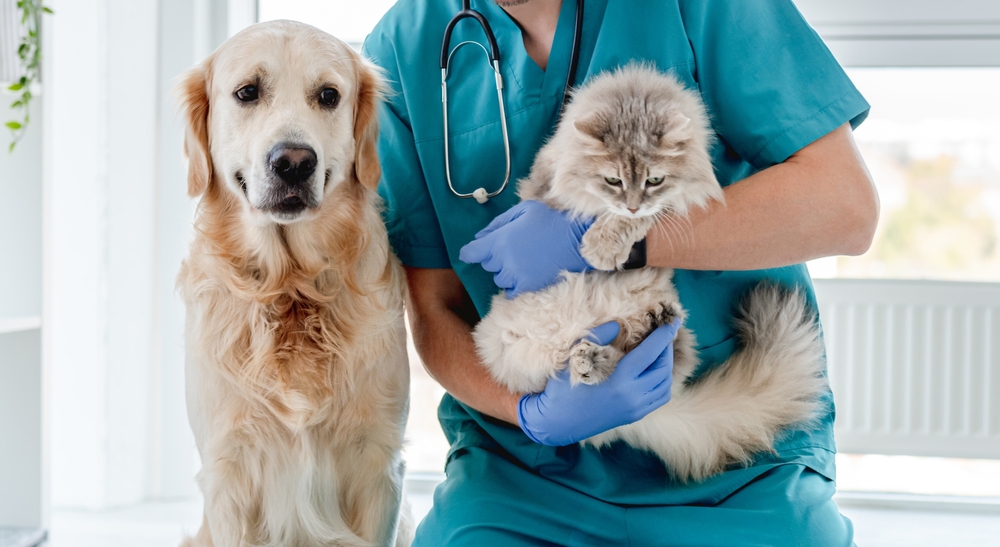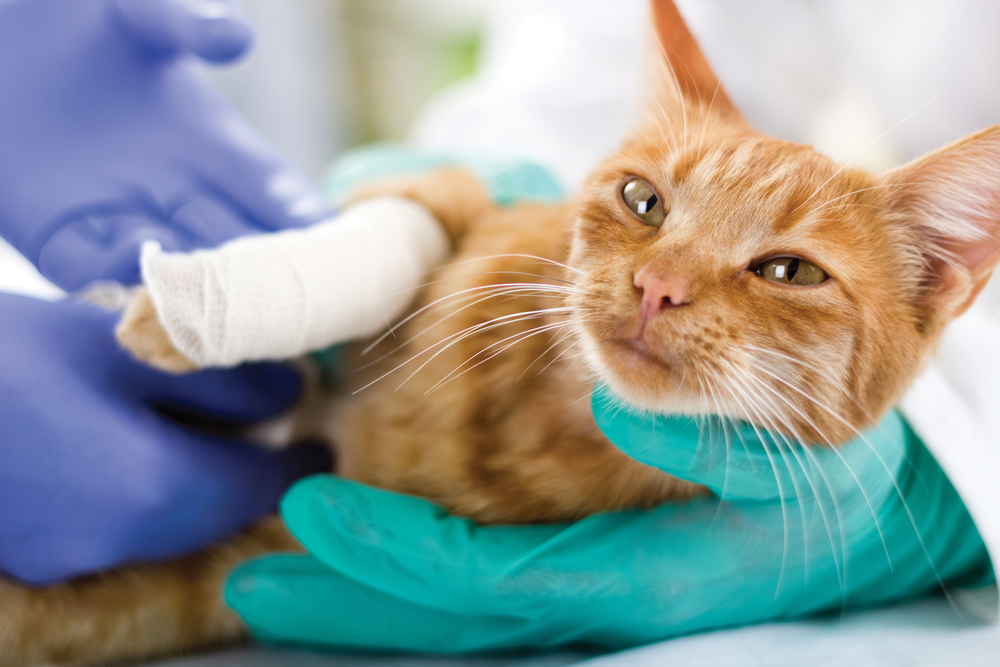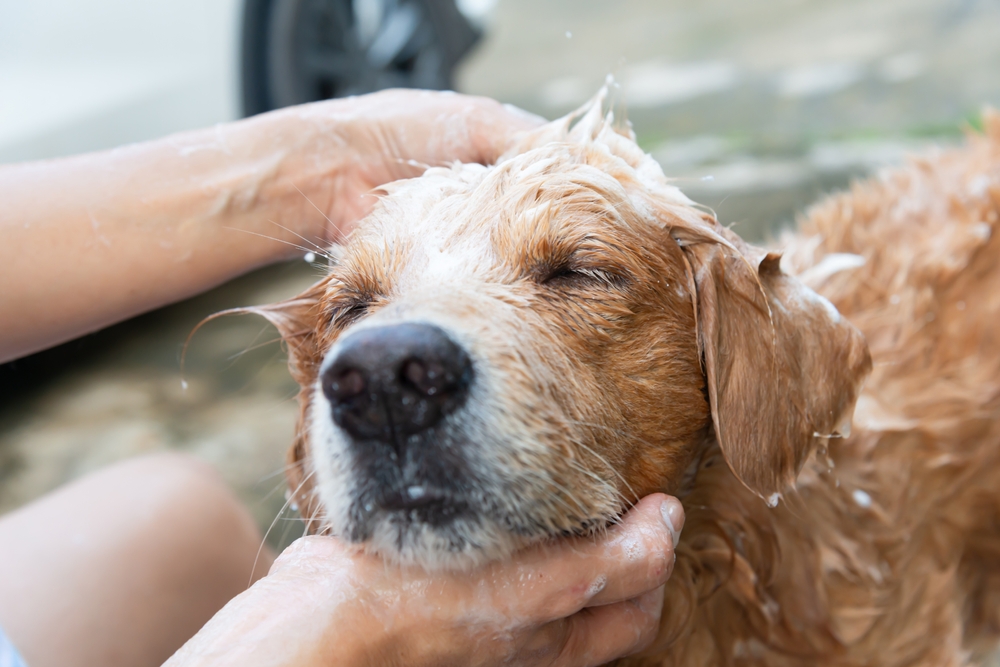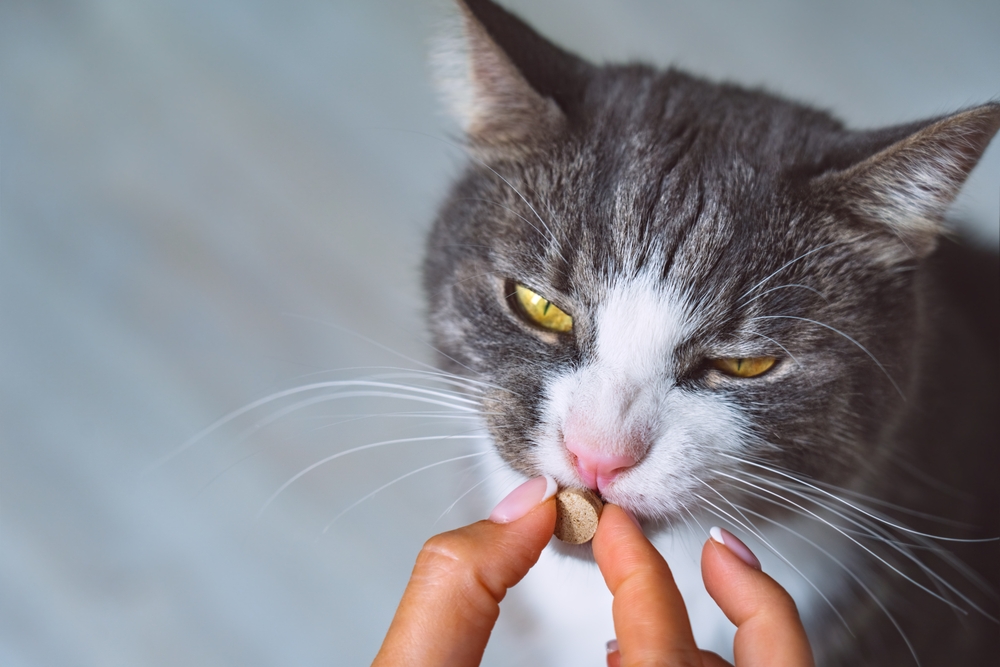Welcoming a pet into your home brings joy and companionship but comes with costs beyond food and the occasional vet visit. Many pet owners overlook hidden expenses that can add up over time. From health insurance to emergency care, these unexpected costs are worth considering in your budget to ensure your furry friend’s well-being without financial surprises. Here’s a rundown of what to plan for.
1. Unexpected Veterinary Visits

Routine vet visits are essential, but there will likely be times when your pet needs extra care beyond yearly checkups. These can include dental cleanings, diagnostic tests, and treatments for illnesses. Certain dog breeds are prone to conditions that require regular monitoring, while aging cats may need extra tests. Planning for more than the annual exam can prevent sticker shock when your pet needs additional care.
2. Pet Insurance for Peace of Mind

Pet insurance can help cover unexpected health costs, but it’s also a monthly expense that varies depending on your pet’s breed, age, and health history. Many pet owners find insurance invaluable for covering large, unexpected expenses like surgeries. However, carefully researching coverage options is essential, as some policies exclude breed-specific conditions. A well-chosen plan can provide peace of mind, but it’s an investment to consider in your budget.
3. Emergency and Specialist Medical Care

Emergency vet visits are rarely planned, but accidents and sudden health crises happen. Emergency or specialist care—such as surgery, x-rays, or consultations with a veterinary specialist—can easily cost hundreds or thousands of dollars. Even if your pet is generally healthy, setting aside funds for unexpected emergencies is wise. If an issue arises, you’re financially prepared to provide the best care.
4. Expensive Grooming and Maintenance

Some pets, especially certain dog breeds, require regular grooming that can add to the monthly budget. Long-haired cats or dogs with specific grooming needs may need frequent trims, baths, and nail clipping. While some owners opt for at-home grooming, professional groomers offer breed-specific care that can make a big difference in your pet’s comfort and health. Scheduling regular grooming sessions can help prevent matting and other hygiene issues.
5. Specialized Diets and Bougie Food

Providing a well-balanced diet is crucial for your pet’s health, and high-quality food can be a significant investment. Some pets require special diets due to allergies or health issues, which can cost more than generic options. Investing in good food can prevent health issues, making it a hidden cost that pays off in the long run. Budgeting for high-quality food ensures they’re getting the nutrition they need.
6. Training and Behavioral Support

Training is essential, especially for puppies and certain cat breeds with behavioral quirks. Professional training or behavioral support can improve your pet’s quality of life and your bond with them, but it’s an investment in both time and money. Many dog owners find that professional training helps with everything from basic obedience to complex behavioral challenges. Factoring training costs into your budget helps create a happy, well-behaved pet.
7. Pet Accessories and Enrichment Toys

Toys, beds, and other pet accessories might seem like a one-time cost, but they’re often an ongoing expense. Cats need scratching posts and interactive toys to stay stimulated, while dogs benefit from durable chew toys, beds, and enrichment activities. Regularly rotating toys and replacing worn-out items can keep your pet engaged and prevent destructive behavior. Budgeting for these items helps keep your pet happy and your furniture intact.
8. Boarding and Pet-Sitting Fees When You Travel

If you travel frequently, you’ll need a pet boarding or sitting fee budget. While some pet owners rely on friends or family, professional pet sitters or boarding facilities offer peace of mind and proper care when you’re away. Depending on the location and level of care, boarding fees can add up quickly, especially during the holiday season. Including these in your budget means fewer worries about leaving your pet in trusted hands.
9. Preventive Medications and Treatments

Flea, tick, and heartworm preventatives protect your pet from parasites and potential illnesses. Depending on the product and pet size, these medications can cost a few hundred dollars annually. Budgeting for preventive treatments keeps your pet healthier in the long run and avoids costly medical issues related to parasitic infections. Monthly preventive care is often less expensive than treating an advanced health problem.
10. Pet-Friendly Housing and Deposits

You might face additional pet-related costs, such as deposits or pet fees, if you rent. Many pet-friendly properties require a one-time deposit or monthly pet fee to cover potential damage. Some landlords also have breed or size restrictions that can limit housing options. These costs can add up, especially in areas with limited pet-friendly rentals, so planning for these fees can help ensure a smooth transition for you and your pet.
